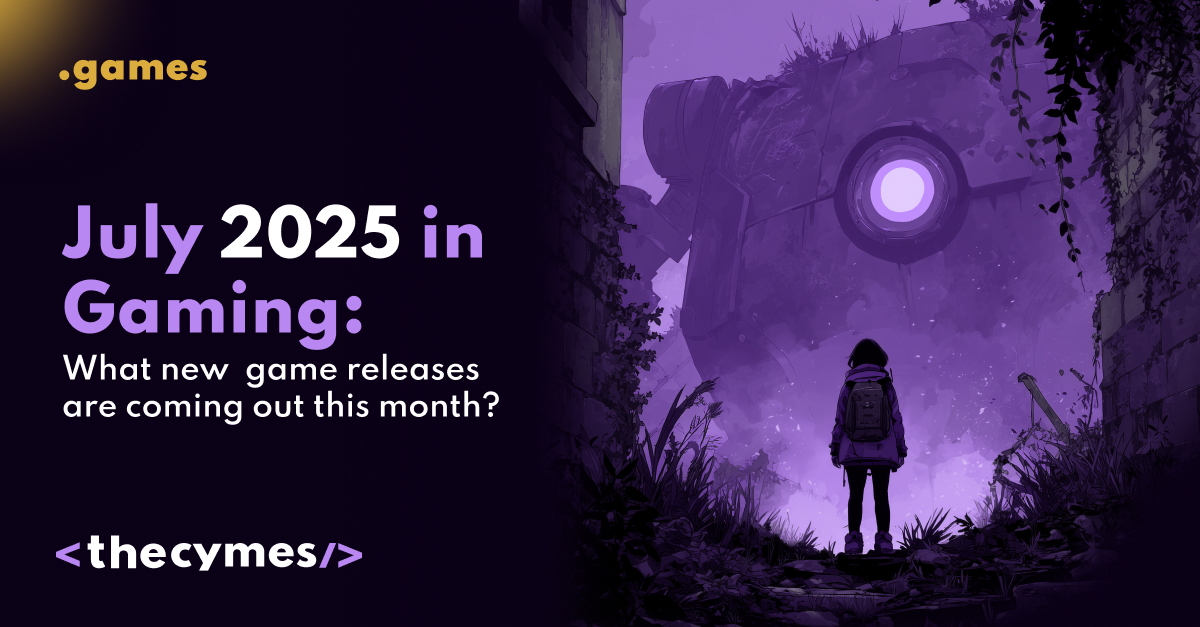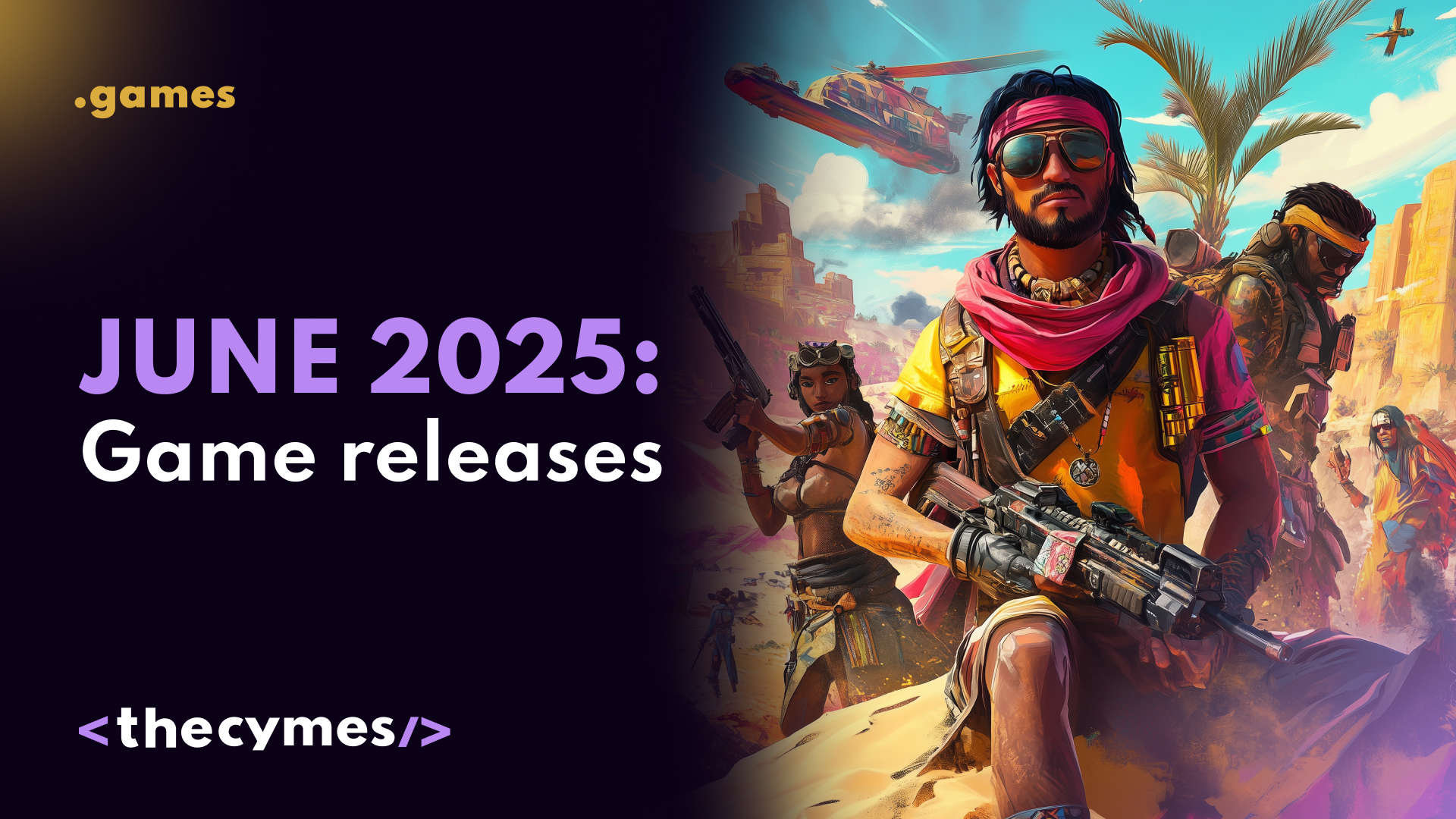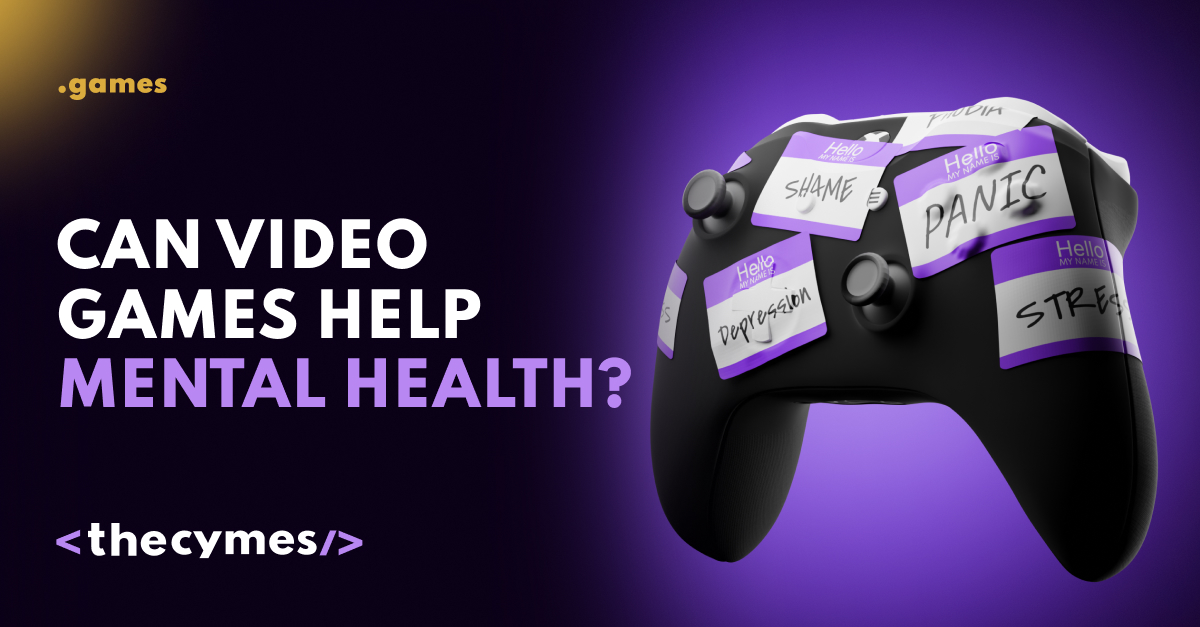.games28 January 07:25
0<
Gaming trends for 2025: what’s next?
/>What's next for gaming in 2025? Let's break it down in our latest article! be updated on the latest tech newsGet exclusive news updates and overview on tech market
 What's next for gaming in 2025? Let's break it down in our latest article!
What's next for gaming in 2025? Let's break it down in our latest article! The Cymes Team
The Cymes Team

